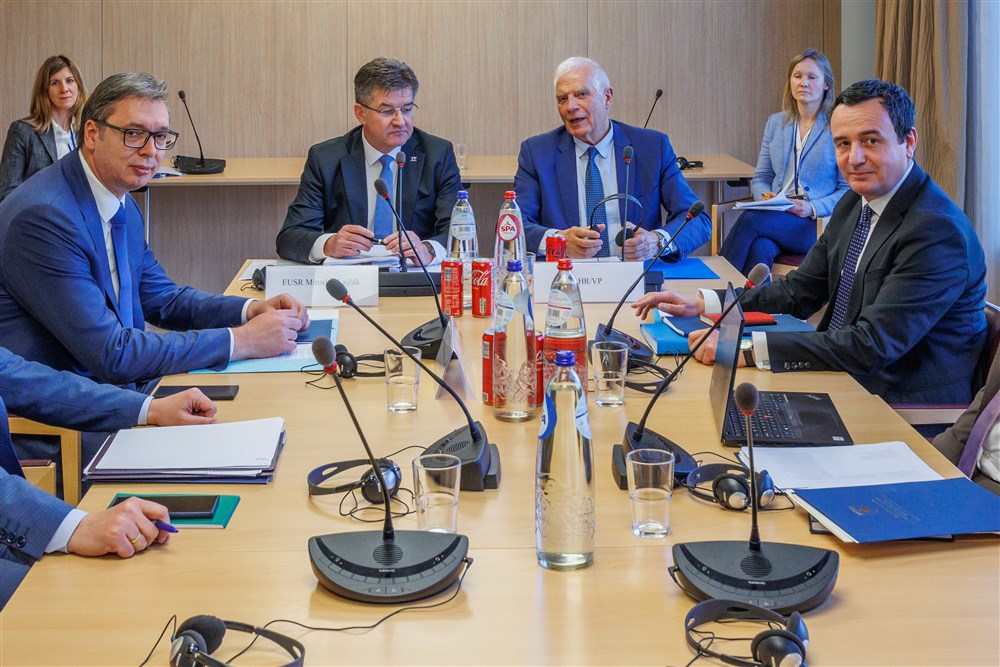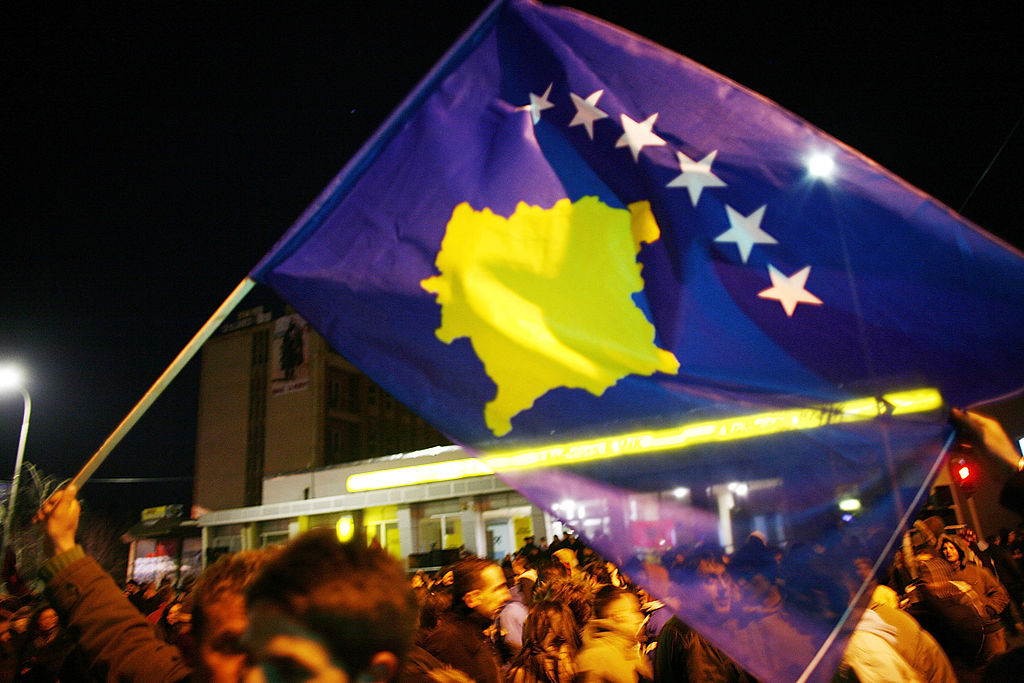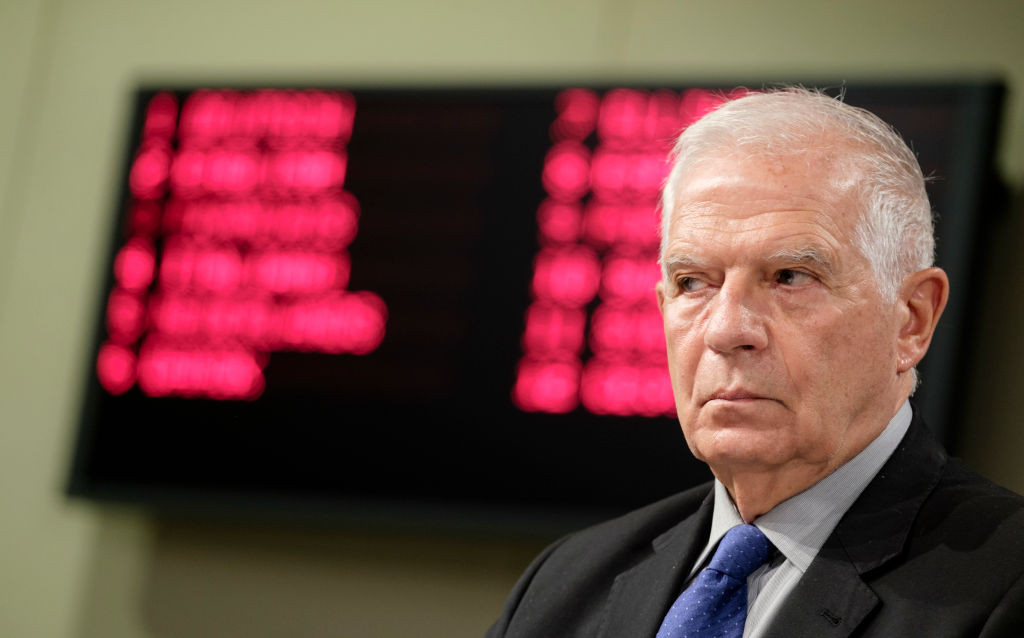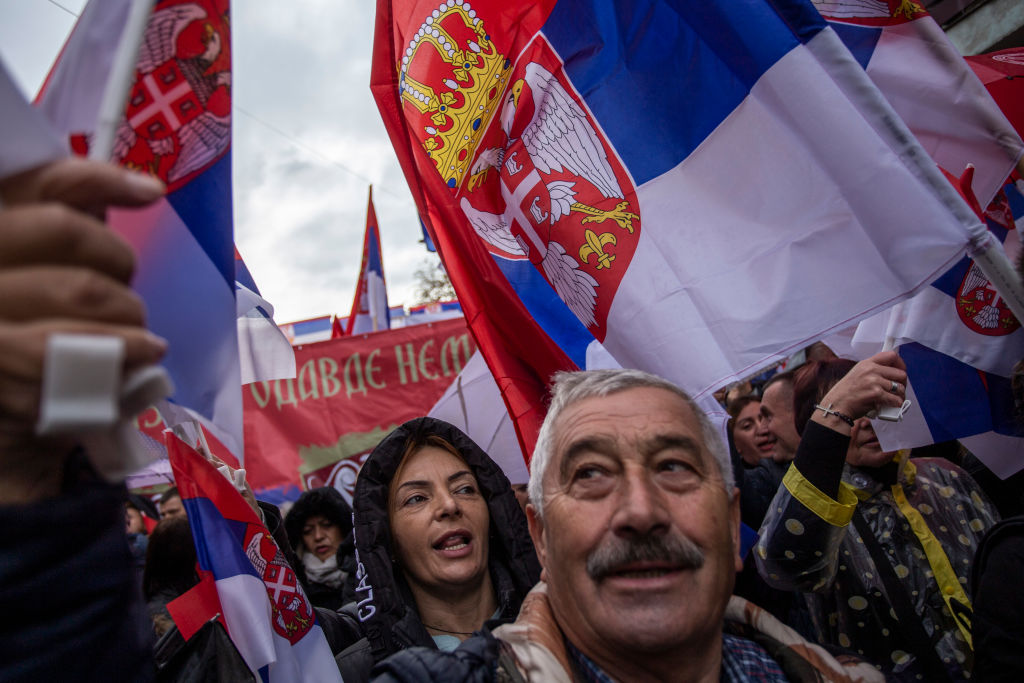Tensions seem to be easing further in Northern Kosovo; according to the Kosovan Government, its police presence in the region is being reduced by another 25 per cent, helping to alleviate pressure.
Following a serious escalation of unrest between Kosovo and its Serb minority, as well between Kosovo and Serbia itself, the move heralds something of a relaxation in the region. Better relations and a potential political deal between the two countries may now be back on track, observers say.
A statement from the Kosovo police force said it was embracing “realism” in accordance with the agreement made between Kosovo and the European Union in Bratislava in mid-July.
Misolav Lajčák, who is the EU’s primary representative to the Western Balkan region and has acted as chief middleman in Serbia-Kosovo relations, welcomed the police move on Twitter, now rebranded “X”.
I welcome today’s first joint security assessment between Kosovo Police, @EULEXKosovo and @NATO_KFOR as agreed in Bratislava. This is an important step towards full de-escalation of the tensions in the north of Kosovo.
— Miroslav Lajčák (@MiroslavLajcak) August 3, 2023
Reports from some sources say the Kosovan Government is also making plans to remove ethnic Albanian mayors, whose presence has been a chief cause of unrest.
Northern Kosovo is inhabited by an ethnic Serbian minority and the troubles began when they boycotted local elections in their townships, leading to the investiture of ethnic-Albanian mayors on less than 5 per cent of the available votes.
Riots broke out in May when the Kosovo Government attempted to install these mayors in government buildings. Clashes with Serb protesters resulted in 93 injuries to officers from KFOR, NATO’s peacekeeping force, with some severely wounded.
Amid that, Kosovar law enforcement arrested several Serbs allegedly responsible for inciting the riots. This drew vehement condemnation from Serbian media and representatives of the Kosovar-Serbs, who characterised it as “ethnic persecution”.
The escalating tension compelled Serbia to mobilise troops near the Kosovo border and the head of the Serbian military even issued threats of active intervention, likening the arrests to “ethnic cleansing” or a “pogrom”.
The EU waded into the fray, imposing sanctions on Kosovo, cutting off crucial financial aid and halting diplomatic meetings with the country.
The stakes are still high as both Serbia and Kosovo strive to gain EU membership, while the bloc insists that the countries must normalise relations before advancing their accession bids, necessitating substantial improvements in the current situation.





